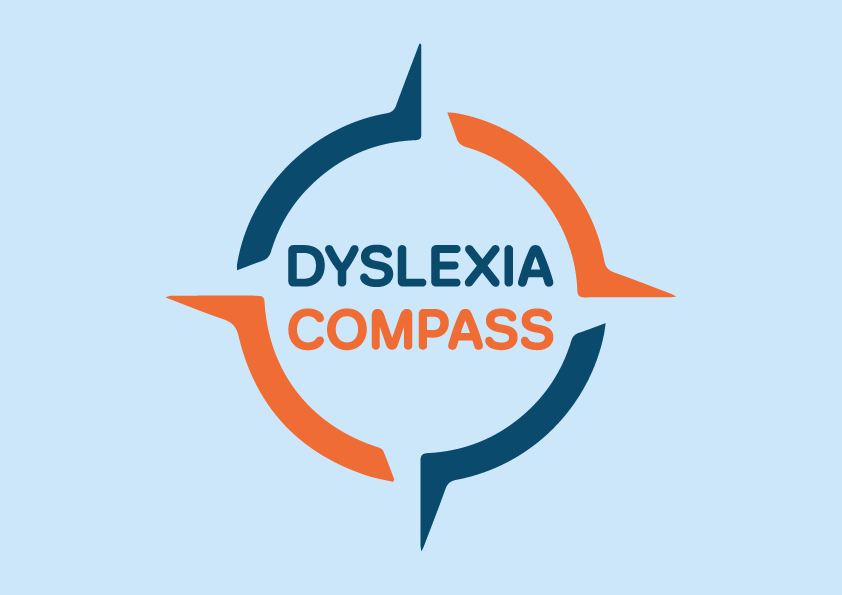
Dyslexia is an unexpected difficulty in reading. That’s because it excludes intellectual disability and sensory impairments. There are many manifestations but all have issues with:
Understood.org made an extensive list of skills affected by dyslexia. Most of them may have a negative influence on communication. Influence is most visible in the early years and during education. Still, life doesn’t have to go downhill from here.

Last year EY published the research called The Value of Dyslexia. It is focused on the positive sides of dyslexia. Research says dyslexics as communicators can craft clear and engaging messages. They find dyslexics’ strengths are:
This research seems to be more focused on the success stories of people who’ve managed to overcome challenges. And how dyslexia affected their lives.
They show it is possible. Possible to become successful business leaders, writers, or lean towards visual communication like designers or architects.
To achieve that dyslexics will have to invest more effort into creating themselves. Becoming the best version of themselves. Unfortunately, the world still works on old and quite probably ineffective tracks. Which doesn’t make it any easier.
Made by Dyslexia is offering some inspiration and reasons dyslexics make great communicators. Hopefully, they will point dyslexic kids and their parents how to find the right direction for them. Here are some of them:
Roland Rudd, Founder and Chairman of PR firm, Finsbury explains:
“Being dyslexic enables you to simplify things very quickly. It enabled me to see the big picture and I could make decisions more creatively and effectively as a result.”
Maggie Aderin-Pocock, space scientist and communicator:
“As a scientist, I have found that I am able to take complex ideas and simplify them, story tell and bring science ideas to life in my own unique way, this has been a huge advantage.”
Dav Pilkey, the creator of Captain Underpants, says his dyslexia and other learning abilities:
“helped me to write stories that were not boring. It helped me to choose my words very, very carefully.”
CNN news anchors, Robyn Curnow says:
“Generally, TV news is an amazing place to trust your dyslexic instincts. You have to look at the big picture, identify the story, tell the story and create a narrative that’s simplified so that an audience can understand the main issues.”
“To write for television news is like a dyslexic dream… the sentences are simple, you’re writing to pictures and you need to take away all the useless information. It has to be the real essence of the story.”
Our lead scientist Maja works with dyslexic kids for over 15 years and she has seen kids overcoming big challenges. She feels the biggest effect on their success was the support and encouragement they’ve received. Both at home and at school. Giving dyslexic kids space to find an area in which they enjoy and feel good at. To celebrate their good results in these areas. To reward them for their hard work and not just for the results.
If they can become great communicators despite the way dyslexia affects it, they can achieve the unexpected in everything they do.
* Use Personal tier first 14 days for FREE
* No credit card required
Learn ALL about Lexie.